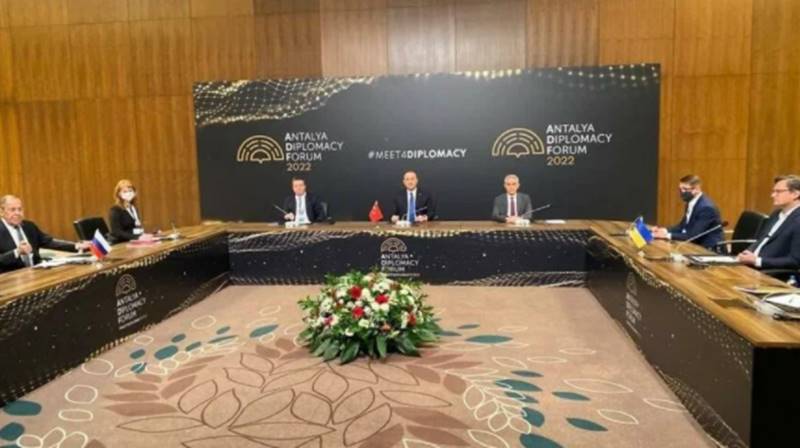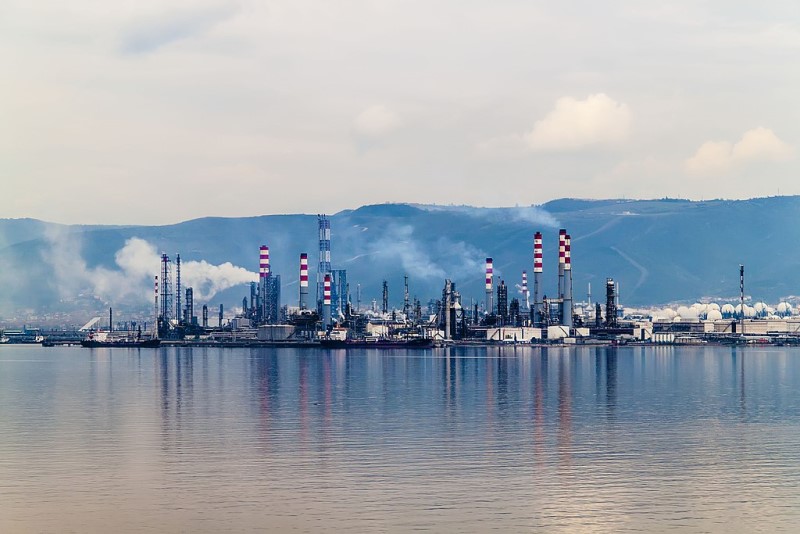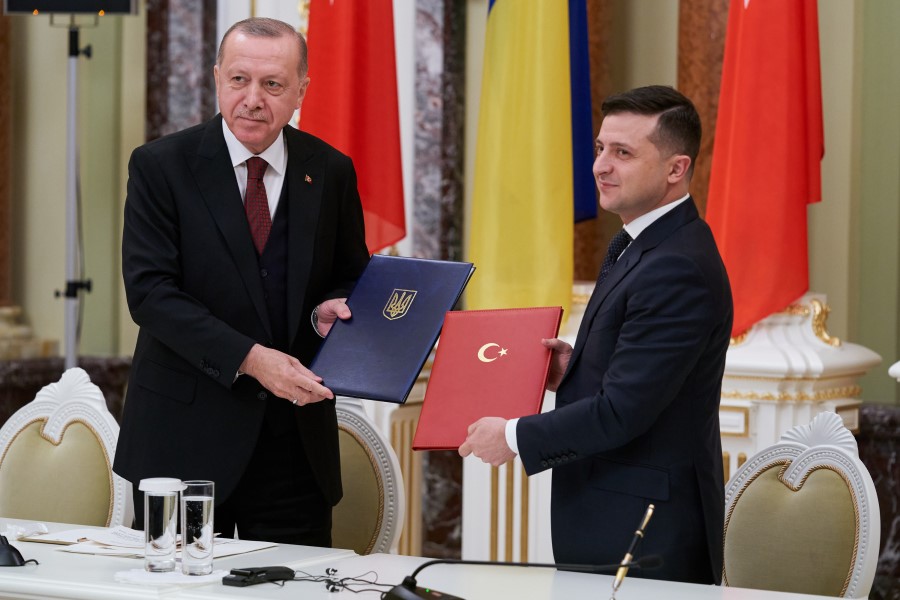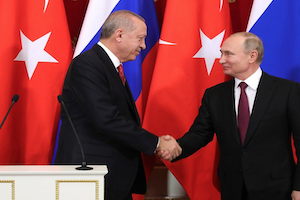Turkey and the Ukraine War: Ankara Charts its Own Course
By Alan Makovsky
May 12, 2022
Despite suffering economic consequences, Turkey is diplomatically strengthened by the Ukraine war, reinforcing and seemingly validating the “strategic autonomy within NATO” course that President Recep Tayyip Erdoğan has pursued in recent years. This, in turn, may help determine the outcome of the presidential election next year.

Black Sea Gas Find Gives Turkey Leverage against Russia
By Natalia Konarzewska
November 23, 2020
In August 2020, Turkey announced the first sizeable natural gas discovery off its Black Sea coast, estimated to contain some 320 billion cubic meters (bcm) of gas. In October 2020, after weeks of additional exploration, Turkey revised the estimation of the newfound gas reserve upwards to 405 bcm. The discovery of the Sakarya gas field was met with euphoria, as it came after years of unfruitful quest for indigenous natural gas reserves. The finding promises to ease Turkey’s dependence on hydrocarbon imports and Ankara will likely use its new-found gas field as leverage against Russia, which is bound to have geopolitical implications.

Turkey Seeks to Counter Russia in the Black Sea-Caucasus Region
By Emil Avdaliani
October 5, 2020
Turkey increasingly views Ukraine, Georgia and Azerbaijan as parts of an arc that could help it balance Russia’s growing military presence in the Black Sea and in the South Caucasus. With this objective in mind, Ankara is stepping up its military cooperation not only with Baku, but also with Tbilisi and Kyiv. Turkey is signaling that it intends to play a far more active role in the Black Sea-Caucasus region in order to contain Russia’s influence. This regional strategy has wider implications as it demonstrates that Turkey, contrary to what has become a common perception in the West, is not moving closer toward Russia and that in fact Turkish and the Western geopolitical interests largely converge, with Turkey supporting Georgia’s NATO ambitions.

Turkey's Russia Affair
By Suat Kınıklıoğlu
September 23, 2019
Turkey’s deepening partnership with Russia needs to be situated within a larger context. Turkey is moving closer toward Russia at a time when the West is beset by considerable turmoil. Seen from Ankara, both Europe and the U.S. increasingly look weaker, divided and ideologically adrift. Above all, though, Ankara’s pivot toward Moscow is driven by the domestic political needs of the Turkish leadership. The primary benefit of deepening the relationship with Russia lies in the legitimization of the current authoritarian rule. Yet ultimately the endeavor to reorient Turkey toward Russia and Eurasia faces the challenge that Turkey’s democratic tradition poses.



